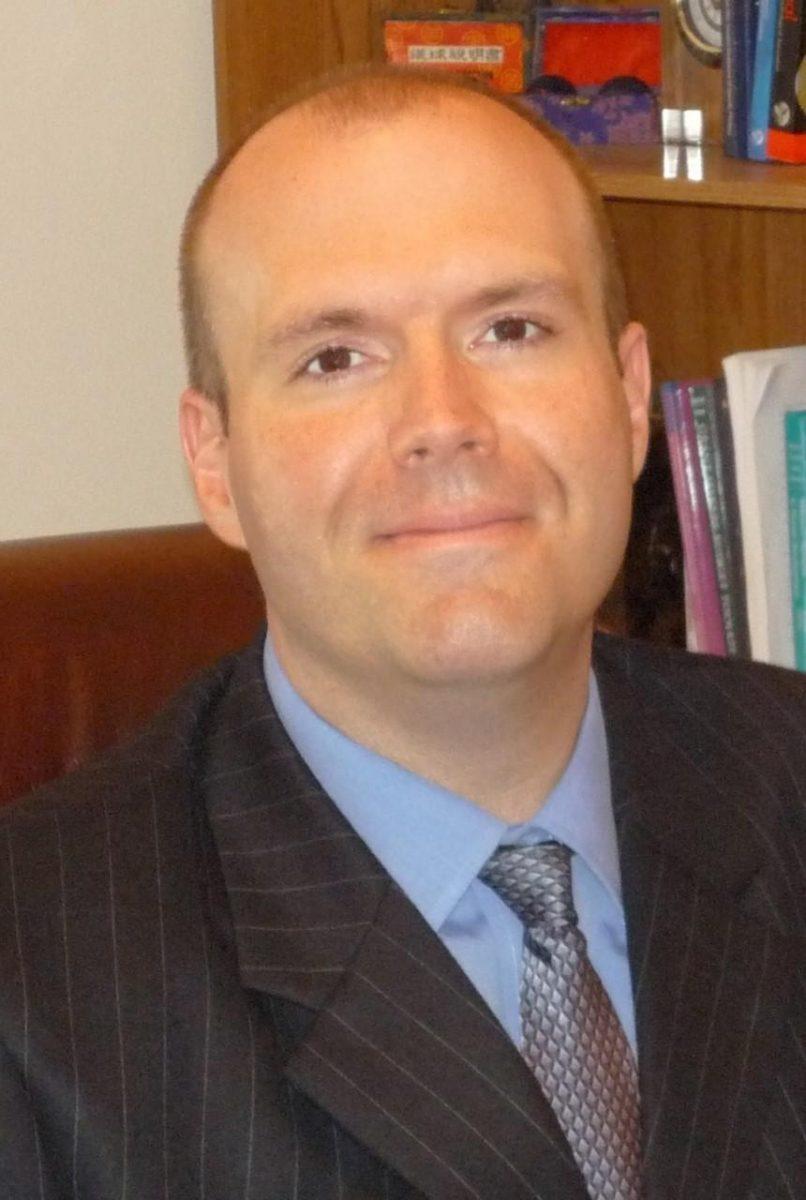Fears- we all have them. Some of us fear heights or the dark, while others scream at the sight of a bumblebee or spider.
Recently, LSU Strategic Communications conducted a social media campaign about fear and phobias. This campaign challenged professors across multiple disciplines to answer the question: why do we like to be scared?
Director of the Psychological Services Center, Thompson Davis, was interviewed for a video segment which focused on the psychology behind fears and phobias.
Regardless of what your fear may be, Davis believes that fear is a normal part of everyday life. Fear is the reason why we look both ways when we cross the street, or why we are careful and alert in particular situations. Having fears doesn’t make us weak, they make us human.
“It’s a healthy fear to stop and look both ways, it keeps us safe,” Davis said.
According to Davis, we can combat fear in our day to day life by exposing ourselves to it. For instance, if you watched a scary film and it raised fear, you might want to watch it again.
“It’s going to sound crazy, but I would tell you to watch it again. And then after that, watch it again. And another time, and another time. And then you’d say, ‘Well, that’d be boring’, and to that I’d say, ‘Good.’ If you’re bored of it, that means its not scary anymore,” Davis said. “Our bodies learn from experience what we should fear and what we shouldn’t fear. Repeat things until they become comfortable for you.”
According to Davis, many people are accustomed to using the words “phobia” and “fear” interchangeably in day to day life. However, a phobia is more complex and requires far more attention than a fear. Phobias have both a high degree of fear and interference. When a fear begins interfering with your daily life, to the point where you are basing your behavior upon that fear, that’s when you know you have a phobia, according to Davis.
“Any one experience is enough to create a phobia, but for most people, but usually it’s the sum of little things and maybe a big thing all together,” Davis said.
Phobias are categorized in five different types: situation type phobias that relate to places or situations you may be exposed to; natural environment type phobias that relate to aspects of the natural environment like water, heights or the dark; blood/injection/injury type phobias; and finally, other type phobias which house any other phobia that doesn’t fall into the other four types, according to Davis.
Phobias, unlike fears, cannot be fixed through exposure alone. They require professional help to combat them head on. Luckily, Davis said students at the University have a vast number of trained professionals at their disposal to help them combat these phobias and experience every positive moment life has to offer.
The Psychological Services Center offers testing and outpatient psychotherapy services for adults, adolescents and children. The center can both assess and treat a wide variety of psychological and emotional difficulties, such as depression, anxiety, ADHD and some types of substance abuse. Clients are seen by clinical and school psychology graduate students who are directly supervised by LSU psychology department faculty.
Call the National Crisis Line at 1-800-273-TALK(8255) or the Baton Rouge Crisis Line at 225-924-3900 if you’re in need of assistance.
Fears and phobias: LSU Psychological Services Center explores how, why people face fears
November 12, 2019
Director of the LSU Psychological Services Center Thompson Davis sits in his office in Johnston Hall.







